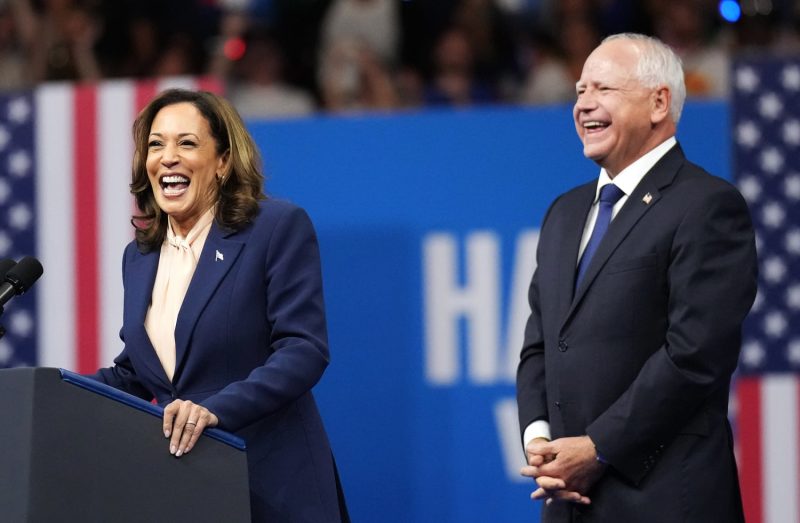
Local Teamsters Groups Rally Behind Harris After National Union’s Silence
In a recent turn of events within the Teamsters union, several local chapters have taken matters into their own hands by announcing their endorsements for the upcoming elections. This decision came after the national union declined to endorse a specific candidate, causing some division within the ranks.
The Teamsters union, known for its strong presence in the labor movement, wields significant influence in elections due to its large membership base and history of advocating for workers’ rights. Therefore, the decision of the local groups to endorse a candidate on their own signifies a break from the usual practice of following the national union’s lead.
The debate over endorsements within the Teamsters union reflects broader tensions within the labor movement regarding political strategy and priorities. While some members argue for a unified endorsement to maximize the union’s political power, others believe that local chapters should have the autonomy to make decisions based on the interests of their members.
One of the key considerations for the local chapters in making their endorsements is the candidate’s stance on issues that directly impact their members, such as wages, benefits, and working conditions. By endorsing a candidate who aligns with the union’s values and priorities, the local groups aim to ensure that their members’ voices are heard in the political arena.
Moreover, the decision to make independent endorsements highlights the growing trend of grassroots organizing within the labor movement. As unions face increasing challenges from anti-union legislation and hostile employers, many are turning to local organizing efforts to build power from the ground up.
In conclusion, the recent endorsements by local Teamsters groups signal a shift in the union’s approach to political engagement and reflect broader trends within the labor movement. By taking matters into their own hands, these local chapters are asserting their autonomy and advocating for candidates who will prioritize the needs of workers. This move underscores the importance of grassroots organizing and local action in shaping the future of the labor movement.
